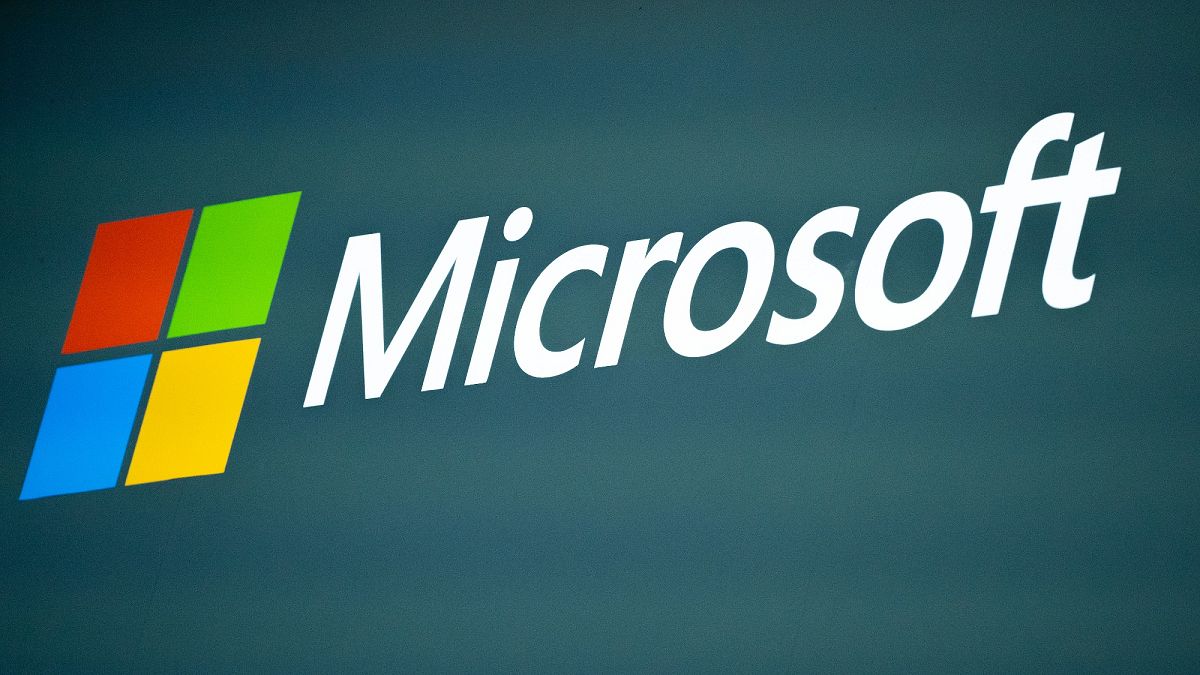

In today’s ever-evolving digital landscape and in the realm of natural phenomena, we find a seamless convergence of past, present, and future. Several recent developments serve as reminders of humanity’s adaptability, whether it be in technology, natural phenomena, or age-old wellness practices.
As of August 1, users of Microsoft’s Authenticator app will experience a notable shift as the company phases out the password autofill feature. This change underscores Microsoft’s commitment to advancing security by encouraging users to embrace passkeys instead. Passkeys offer a password-free, yet secure way to authenticate identities, heralding a new chapter in cybersecurity. This development comes with a nudge for users to explore and embrace a more secure browsing experience via the Edge browser, should they wish to continue enjoying automatic sign-ins.
The shift from passwords to passkeys is a part of a broader trend towards improved security measures online, as passkeys are considered more robust against threats like phishing. For those navigating this transition, Microsoft provides comprehensive guidance on setting up passkeys, ensuring the migration is as smooth and stress-free as possible.
In a different realm of news, the Earth has once again showcased its formidable power with a recent 8.8 magnitude earthquake in Russia. This event prompts reflections on some of the most powerful earthquakes ever recorded, reminding us of both the Earth’s dynamic nature and the resilience of communities. While seismic activity is a natural occurrence, advancements in early-warning systems have enhanced our ability to prepare and respond, mitigating impacts and fostering a sense of preparedness and hope.
Among the quakes that have etched their marks on history, the recent event in Russia stands as a significant reminder of our need to respect and understand Earth’s capabilities. In the face of such awe-inspiring natural forces, the advancements in science and technology strive to keep pace, always aiming to protect lives and infrastructures.
On a more serene note, a wellness practice from Japan is gaining traction and offering a different kind of strength. “Japanese walking,” a mindful approach to exercise, has captured online attention and comes with scientific support. This traditional, yet refreshing take on walking emphasizes conscious, steady, and deliberate pacing, promoting not only physical fitness but also heart health. Researchers suggest that such mindful practices balance physical activity with mental well-being, offering holistic benefits.
The wellness trend highlights the importance of merging modern knowledge with age-old practices, encouraging individuals to stay connected with themselves in both body and mind. Whether through technology, confronting nature’s grand displays, or embracing wellness trends, these stories reveal humankind’s continuous journey of adaptation, resilience, and well-being.
Letting go of the familiar and embracing novel, sometimes ancient, ways can be both challenging and rewarding. However, each step in this transformative journey is a testament to our capability to thrive and harmonize with both our digital and natural worlds. As we navigate forward, a blend of security, preparedness, and mindful living paves the way for a resilient and balanced future.
Source: {link}
